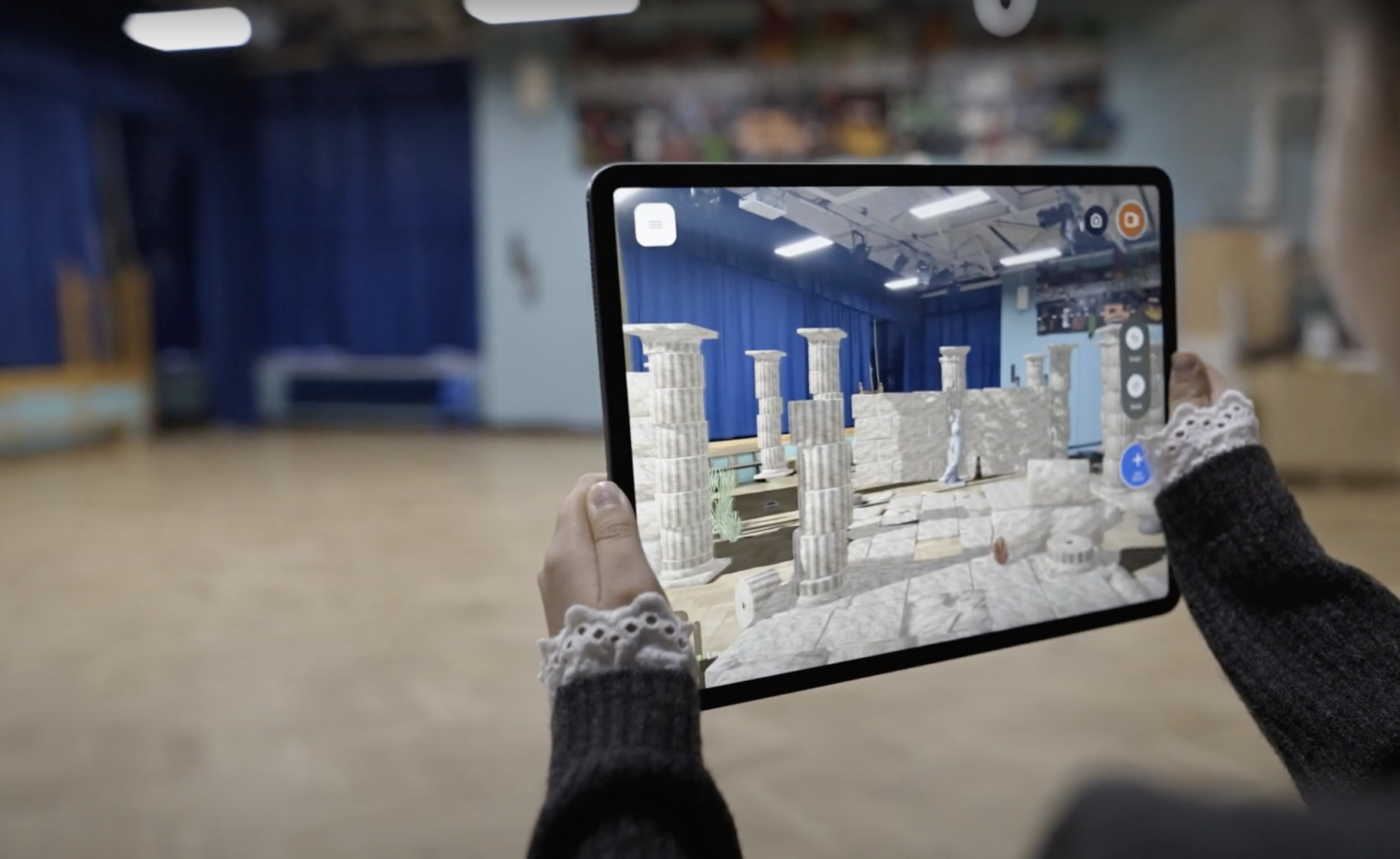


Recently, I came across an interesting quote from famous builder and engineer Clay Patrick Bedford, about the lifelong impact great teachers can make.
“You can teach a student a lesson for a day, but if you can teach him to learn by creating curiosity, he will continue the learning process as long as he lives.”
Bedford’s words capture my feelings on the importance of curiosity. And his quote got me thinking about how edtech providers can support teachers’ efforts to create curiosity and ignite a lifelong love of learning.
The first step to understanding curiosity is to recognise that it comes in different forms. Countless essays have been written on this subject, but Mario Livio’s book Why? What makes us curious, outlines what I think are the main types of curiosity edtech companies should try to promote.
The first is perceptual curiosity. That’s when something surprises us or doesn’t align with what we think we know. Perceptual curiosity drives us to find out information to put our minds at ease. Another type of curiosity is epistemic curiosity. This type of curiosity is associated with the anticipation of the reward of knowledge e.g. when you can’t put a book down. Specific curiosity is the need to know a specific piece of information, such as the name of an actor in a favourite tv show.
Each of these curiosities is important. And together, they drive our desire to learn about the world around us.
So, how can edtech support educators’ efforts to ignite student curiosity? Here are some ideas:
Deliver Real-World Content
Linking learning to real life experiences is a great way to spark curiosity. Students engage best with relatable resources, and research shows that when they make an emotional connection, they retain information more easily. Edtech can play an important role in creating memorable learning experiences. From real-world video content to virtual field trips, edtech offers countless opportunities to bring the real world into the classroom. Digital content that reflects students’ diverse lived experiences is particularly powerful, as are resources that give students the opportunity to learn about people who share their culture, heritage and beliefs, are affirming, empowering and motivating.
Bring STEM Learning to Life
Epistemic curiosity, which is associated with the reward of knowledge, can be stirred by high-quality digital resources – particularly in the STEM subjects. When a student interacts with a high-quality STEM resource, such as an interactive or virtual lab, they become invested in the results, and curiosity spurs them forward to complete the experiment and even repeat it to vary the results. STEM education is about preparing for what’s next; presenting relevant problems the next generation will have to solve. With the enquiry process at the heart of STEM learning, digital resources can play an important role in channelling curiosity to get students ready for the future.
Use Augmented Reality
Immersive technologies are a great way to ignite curiosity. Bringing a “wow!” factor to lessons, they enable students to experience new worlds and travel to unreachable places. Using Augmented Reality to replace a tabletop with a mountain range or to turn the school hallway into the surface of the moon allows students to interact with their surroundings in entirely new, immersive ways. This can spur students’ perceptual curiosity, as it can challenge their understanding of their environment in new and exciting ways. It also encourages the exploration of places and historical eras beyond the four walls of their classrooms.
Encourage Questions
When students ask questions, they take ownership of their learning. And there’s nothing better than technology to spark curiosity! Why not show your students what photosynthesis actually looks like using a virtual simulation? Or use a virtual field trip to visit a place they’ve never been? These experiences help drive students’ wonderings – and they aren’t the only ones whose questions are driven by technology. Many careers use technology to generate and investigate questions. And technology can bring these different career workers into the classroom to talk about their own curiosity! Showing students how people in the world of work ask questions that spark their curiosity will not only model this practice, it will also provide the answer to the much-asked student question, “Why do I need to learn this?”
These are just a few of the ways that edtech companies can support the exploration of student curiosity. In an era in which each student enters the classroom with incredibly diverse backgrounds, one commonality is that each learner is naturally curious. The edtech world would do well to tap into that curiosity in the pursuit of academic achievement.
See how Discovery Education supports students’ and educators’ natural curiosity at www.discoveryeducation.co.uk
